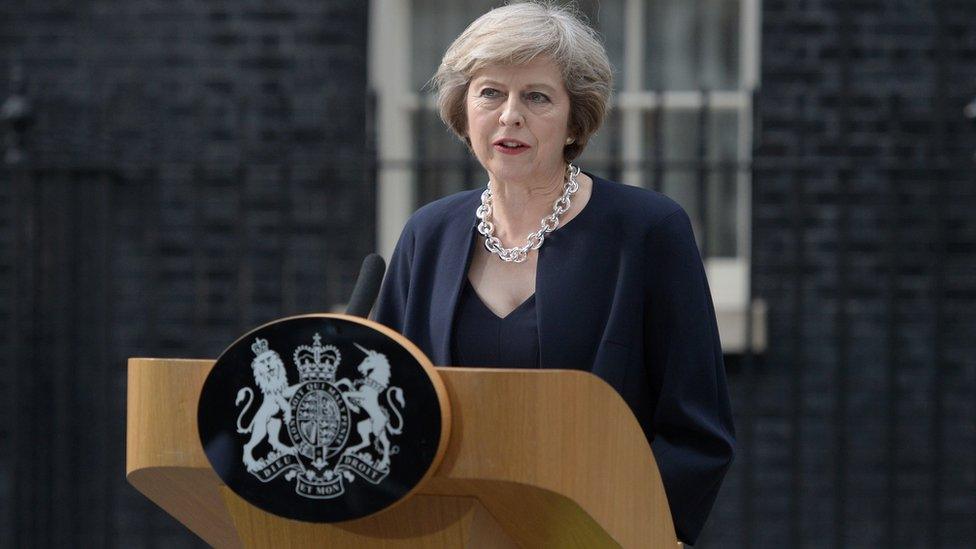Brexit: Theresa May wants Welsh Government 'engaged' in talks
- Published
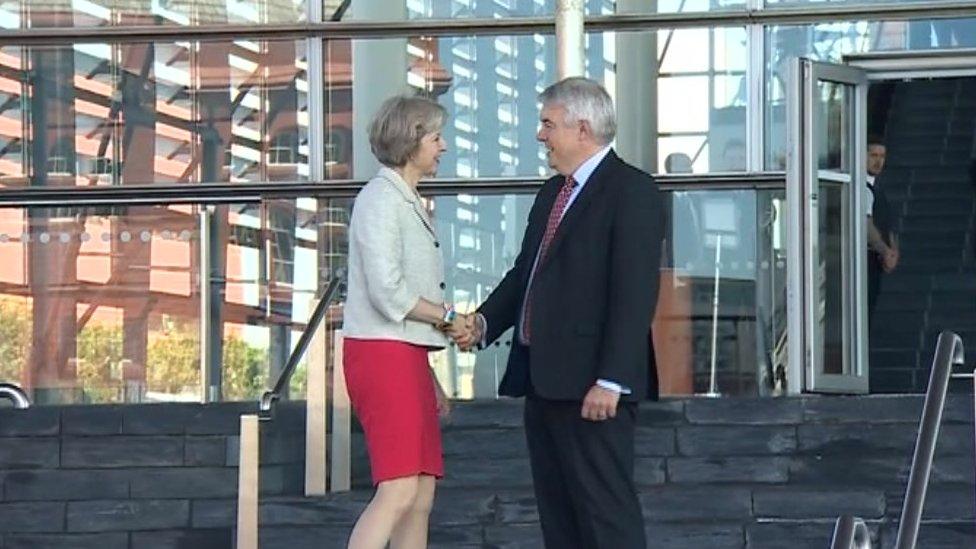
Theresa May has said she wants the Welsh Government to be "involved and engaged" in Brexit negotiations.
She made her first visit to Wales as prime minister on Monday, meeting First Minister Carwyn Jones for talks in Cardiff.
The new Tory leader said she recognised concerns on EU funding, and said she wanted Welsh steelmaking to continue.
Meanwhile Mr Jones has said the formal process for leaving the European Union should be triggered before next summer.
The future of the Tata Steel plant in Port Talbot, where more than 4,000 jobs are at risk, was on the agenda for Monday's meeting at the Senedd.
Mrs May described the meeting with Mr Jones as "very constructive" and said it covered a number of issues, including the UK leaving the European Union.
"What I want to see is the best possible deal for the whole of the United Kingdom," she said.
Theresa May: 'I want Wales involved' in Brexit
"I want the Welsh Government to be involved and engaged in the discussions we are having, along with other devolved administrations. That's why I'm here today."
Asked if she could give an assurance that the UK government could make up the shortfall from EU aid, she said: "I recognise this concern about the funding issues. While we're members of the European Union, funding continues."
On steel, Mrs May said: "We want to continue to see steelmaking here. That is in the Welsh interest but also the UK national interest."
Carwyn Jones expects the Leave camp's pledge to replace lost EU funding to be kept
Mr Jones, in an interview with BBC Wales, said he thought article 50 - the process that formally launches a country's withdrawal from the EU - should be triggered before summer 2017.
He said: "It's difficult to give a firm view because nobody knows, but for me it would be very difficult to go beyond next summer.
"I think that people who voted to Leave would start to say, 'hold on we voted to Leave, when's this going to happen?' They wouldn't be very happy."
He said he welcomed Mrs May's renewed invitation for the Welsh Government to be part of the Brexit negotiations.
'Deliver for Wales'
On the issue of whether EU funding will be replaced by the UK government, he said: "I think she understands the need to make sure that the UK delivers in a way that the EU does at the moment, in order to make sure that the UK does deliver for the people of Wales."
"The reality is nobody knows what the answers are when it comes to Brexit," he added.
"For me, what is hugely important is that our businesses are able to export into the European Union without tariffs."
But he said the difficulty was that the only existing model for the single market involved the free movement of people as well.
Mr Jones said people's concerns about freedom of movement could not be "ignored".
Plaid Cymru leader Leanne Wood said it was positive to see the new prime minister coming to Wales.
She added: "The Welsh first minister should make it clear to her that Wales has specific interests which need to be represented during any negotiations over leaving the EU."
Mrs May succeeded David Cameron as prime minister last Wednesday and vowed to lead a "one nation" government.
Mr Jones previously admitted he knew "very little" about Mrs May - who he had never met before - but hoped she would be able to deliver an improved devolution settlement.

Analysis by BBC Wales political editor Nick Servini
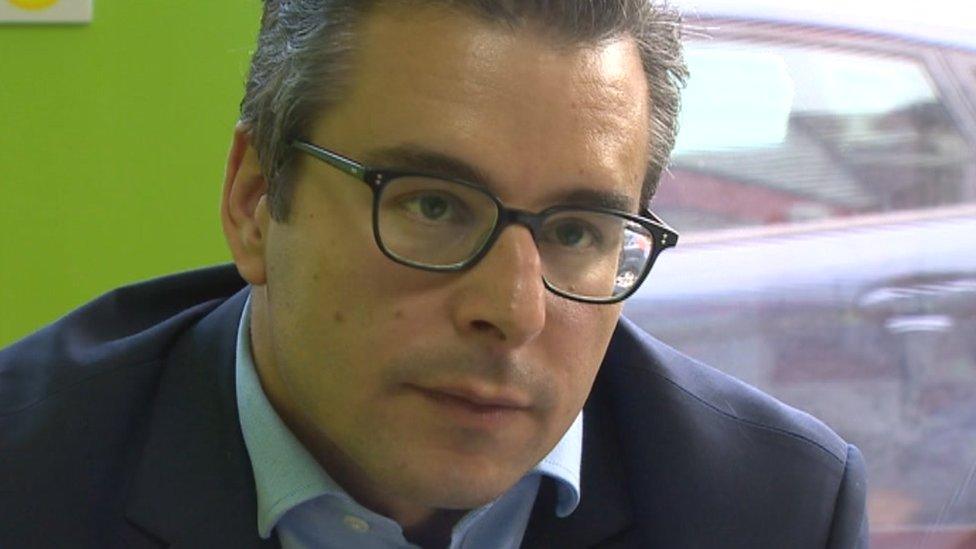
Theresa May and Carwyn Jones may be well apart politically but they have one thing in common: neither wanted the UK to leave the EU but they have to deal with the consequences.
This brief meeting at the assembly was above all a "get to know you" session, and an opportunity for the new prime minister to go to all corners of the UK before a summer filled with meeting global leaders.
There wasn't much to unpick from her brief interview afterwards, but I thought her call for the Welsh Government to be "involved and engaged" went further than expected.
I asked whether the UK government would be prepared to make up any financial shortfall facing Wales after a Brexit.
There was no definitive response, other than she recognised the concerns.
It will take much longer for developments to take shape although there is a growing sense of the potential timings for the start of official negotiations.
Welsh Government officials say Mrs May reiterated her view that triggering article 50 (to officially launch the two-year Brexit process) would be difficult this side of January.
Mr Jones has now altered his view that the process should begin sooner rather than later.
He now believes it should start in the first six months of 2017.
- Published14 July 2016
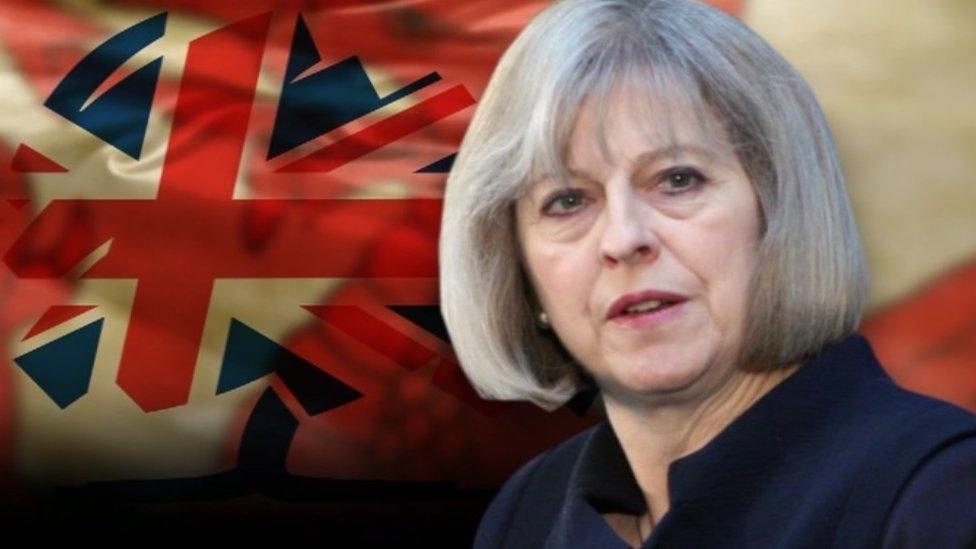
- Published13 July 2016
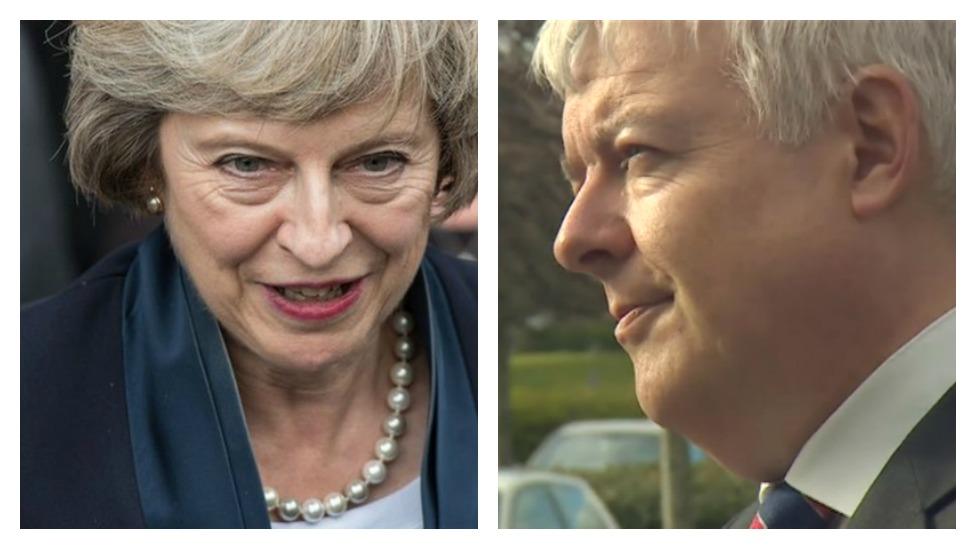
- Published13 July 2016
